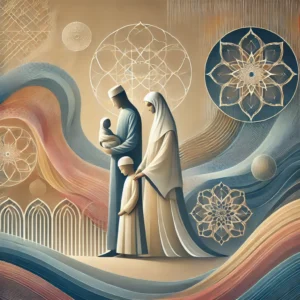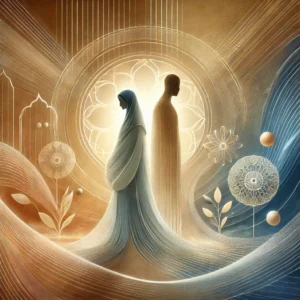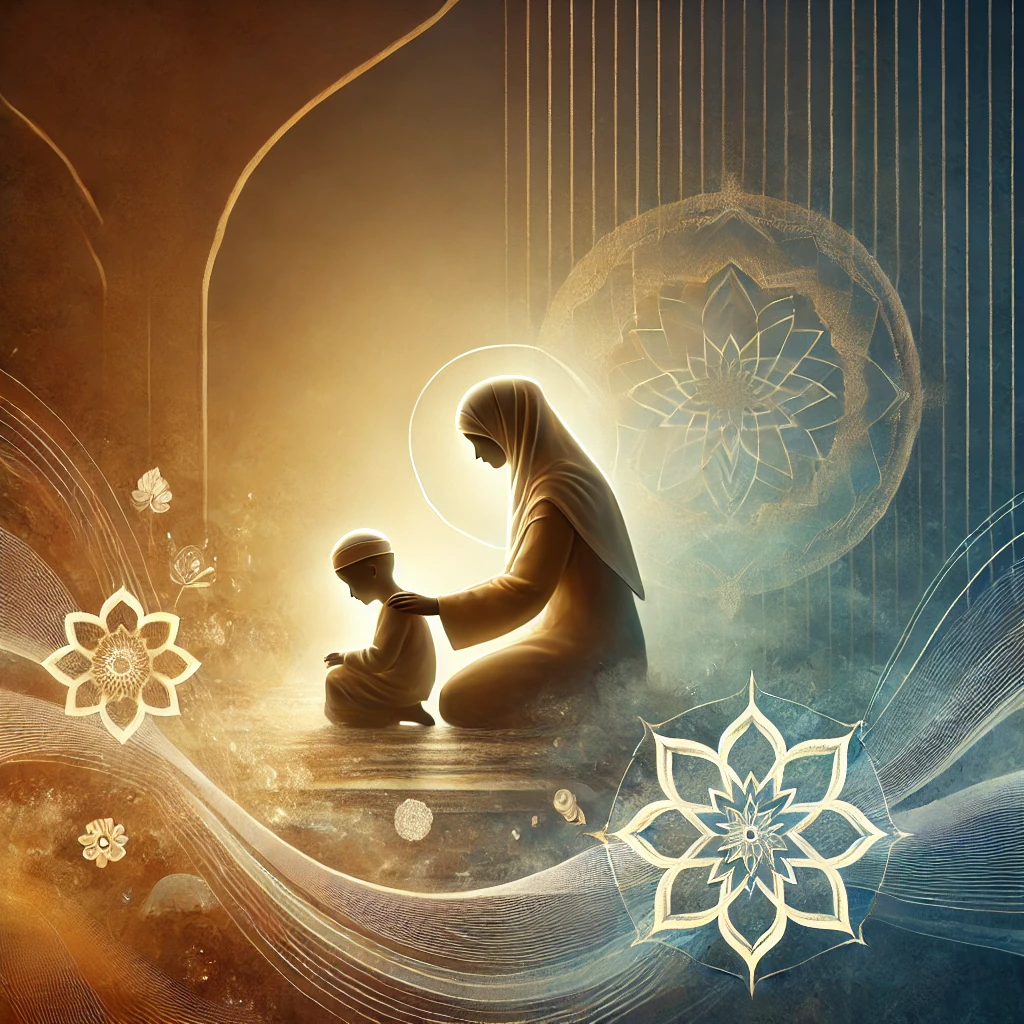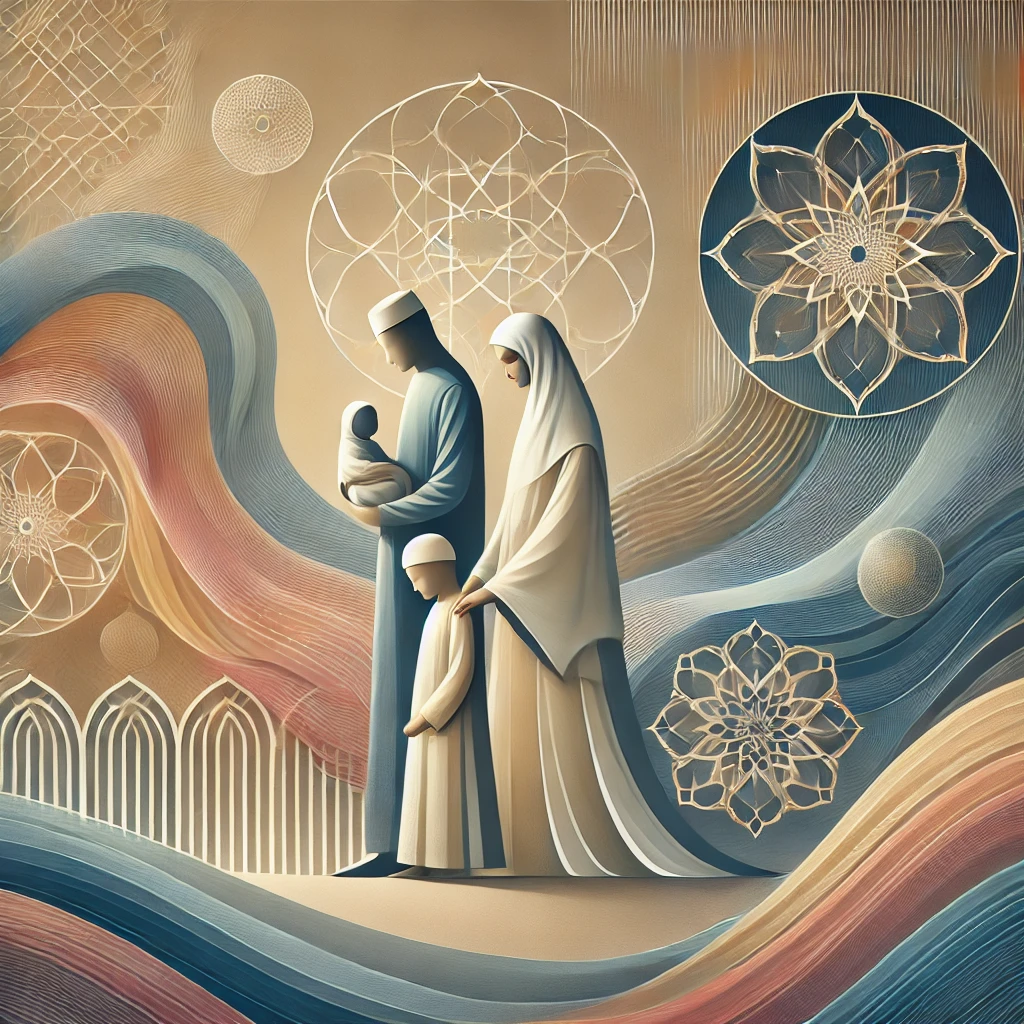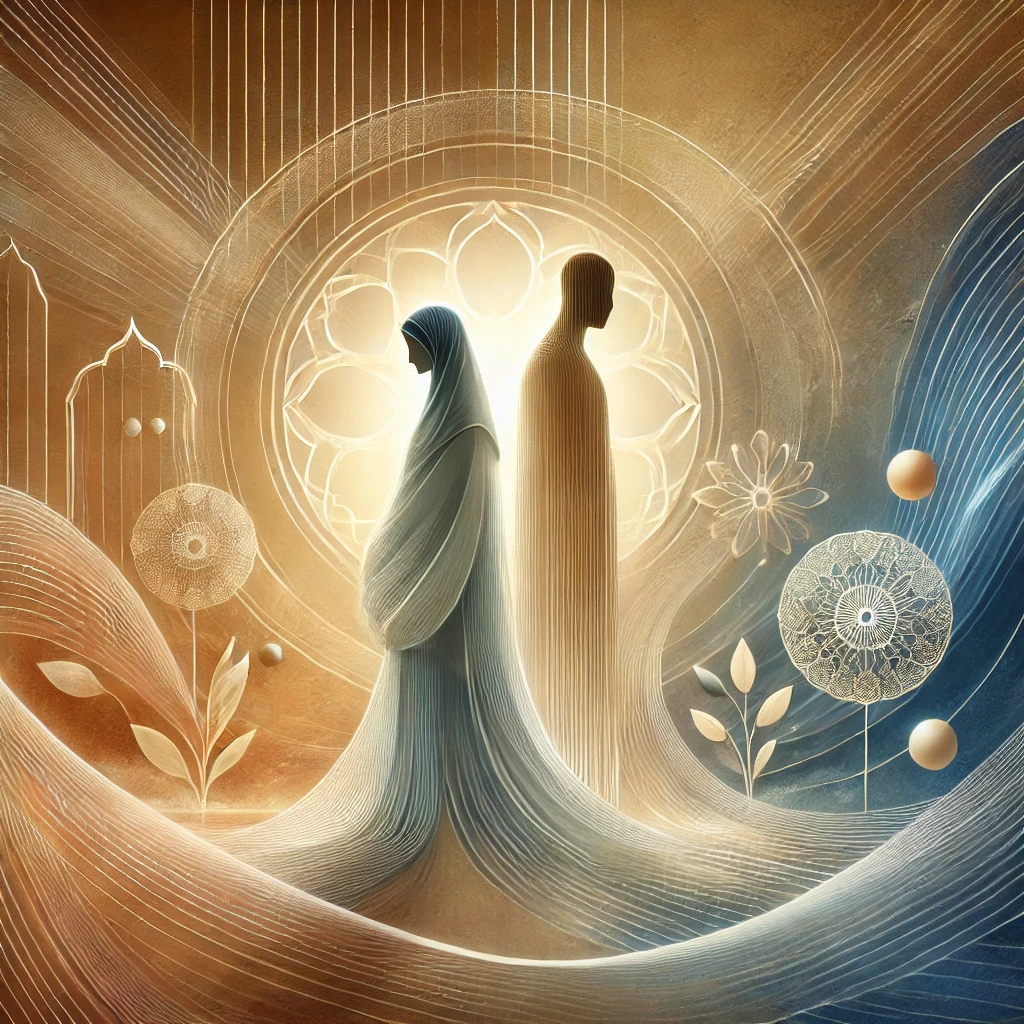Prophet Adam, according to Islamic belief, is considered the first prophet and the first human being. Allah created Adam from clay and breathed His spirit into him. This creation signifies the special status of humans in the sight of Allah and the noble duties bestowed upon them. With his creation, Adam embodies the human capacity for knowledge, thought, and intellect. Allah taught Adam the names of all things, elevating him above the angels. This serves as an important message, emphasizing the value of knowledge and learning in Islam.
After creating Adam, Allah commanded him to live in Paradise with his wife, Hawwa (Eve). They were granted permission to enjoy all the blessings of Paradise, but they were forbidden to approach one particular tree. This was the first test for humanity. Satan deceived Adam and Hawwa, persuading them to approach the forbidden tree. This event carries an important lesson about human free will and the need to be vigilant against Satan’s deceptions. When Adam and Hawwa approached the tree, they disobeyed Allah’s command and were subsequently expelled from Paradise.
Adam’s expulsion from Paradise marks the beginning of humanity’s journey on Earth. It also demonstrates the human ability to repent and return to Allah. Adam realized his mistake and sought forgiveness from Allah, who accepted his repentance. This conveys the important message that humans are capable of making mistakes, but it is crucial to learn from those mistakes and turn back to Allah. In Islam, repentance is a sign of Allah’s mercy and forgiveness. Adam’s repentance serves as an example for Muslims; every human can err, but what matters is to repent sincerely and seek Allah’s forgiveness.
As the first prophet, Adam was tasked with conveying Allah’s commands and prohibitions to humanity. He taught people to believe in Allah, worship Him, and remain steadfast on His path. Adam’s story reflects the dignity of human creation, the power of free will, and the importance of devotion to Allah. It also reminds humanity of their responsibilities on Earth and their duties towards all of Allah’s creations. Adam guided people towards righteousness and strengthened their connection with Allah.
The life of Adam also offers valuable lessons on how humans should respond to challenges and trials. Despite being endowed with the blessings of Allah, Adam, in his human nature, made a mistake and faced the consequences. However, his response to this situation—his repentance and turning back to Allah—serves as a guide for Muslims. This story advises individuals to be mindful of the trials and deceptions they may encounter in life. Muslims learn important values such as patience, repentance, and seeking refuge in Allah from Adam’s life.
In conclusion, Prophet Adam holds a special place in Islamic history as the first prophet of humanity. His life reflects the dignity of human creation, the power of free will, and the importance of devotion to Allah. Adam’s descent from Paradise to Earth marks a starting point for humanity, reminding them of their responsibilities in the worldly life. His story serves as a lesson for Muslims; humans can make mistakes, but the path to forgiveness and closeness to Allah is through repentance and turning to Him. Adam’s life is a guide for every Muslim, demonstrating the significance of patience, repentance, and steadfastness in devotion to Allah.




